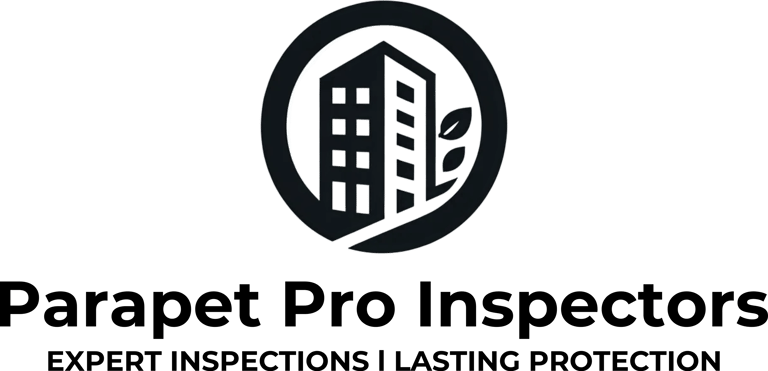The Importance of Parapet Inspections Under Local Law 126 for Landlords
Under Local Law 126, landlords must conduct regular parapet inspections to ensure building safety and compliance. These structures are constantly exposed to the elements, leading to cracks, loose masonry, and potential hazards. Ignoring inspections can result in costly fines and liability risks. Regular maintenance helps prevent structural failures, protecting both tenants and passersby.
LOCAL LAW 126INSPECTIONSPARAPET INSPECTIONS
Parapet Pro Inspectors
3/6/20251 min read


Understanding Local Law 126
Local Law 126, enacted in New York City, mandates regular inspections of parapets and other exterior building elements to ensure the safety and stability of these structures. This law is crucial for maintaining public safety, as parapets are often significant in protecting pedestrians from falling debris and ensuring the overall structural integrity of buildings. Failure to comply with this regulation can lead to severe legal repercussions for landlords and property managers.
The Liability Risks for Landlords
From a liability standpoint, regular parapet inspections are essential for landlords. Buildings with inadequate inspections potentially expose landlords to various risks. If a parapet fails due to lack of maintenance or inspection, the consequences can be dire, resulting in injury or even death to pedestrians. In such cases, a landlord may encounter hefty lawsuits and insurance claims.
Moreover, non-compliance with Local Law 126 can escalate these risks, as penalties may include fines and increased scrutiny from regulatory bodies. By ensuring that inspections are conducted regularly, landlords not only protect the safety of the public but also shield themselves from potential legal outcomes that could severely impact their finances and reputation.
Proactive Measures for Compliance
To adhere to Local Law 126 effectively, landlords should engage licensed professionals to carry out regular parapet inspections. These experts can assess the condition of parapets, identify points of failure, and suggest necessary repairs or reinforcements. It is advisable for landlords to maintain detailed records of inspections, including any repairs conducted, to demonstrate compliance with the law.
In conclusion, parapet inspections are not merely a regulatory obligation but a critical component of responsible property management. By prioritizing inspections and maintenance, landlords not only fulfill their legal responsibilities but also contribute to safeguarding the community at large. Understanding the implications of Local Law 126 and taking proactive steps towards compliance can significantly mitigate liability risks and enhance the overall safety of the building environment.
